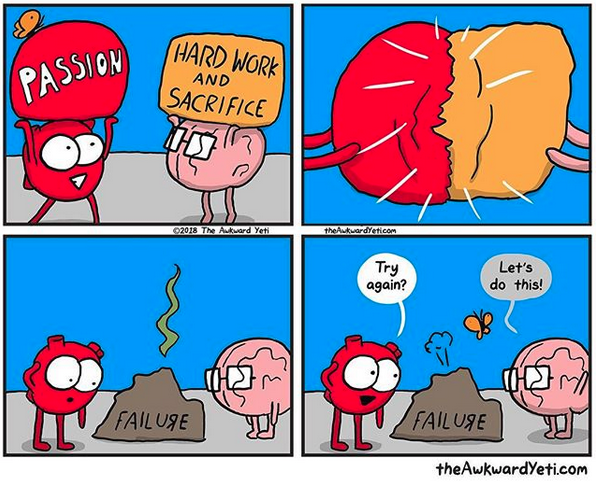A few weeks ago, Vanessa Harris asked an interesting question on Twitter:
I think that’s close to what Elon Musk thinks he’s doing, though I’m not personally convinced that most of his solutions are the ones we need. But naturally, it got me thinking about energy, and where private investment of that order – provided with a long-term view rather than the VC approach that’s caused so much trouble – might make a difference.
Let me caveat this by saying that this post goes waaaay beyond my actual areas of expertise. Consider it the idle musings of a slightly informed layperson. But here are some ideas:
- Fusion: Too expensive, in the traditional big-project approach. And too far off to address the urgency that we feel at the moment.
- Small / cheap innovative fusion: Still too far off, if we include time for rollout. And it’s already happening privately.
- Traditional fission: Nope. This is mature, and the new ideas that are out there (Gen IV reactors, thorium reactors, etc) are too expensive for this sort of investment. Demonstrating uranium extraction from seawater would be interesting, but it’s unnecessary unless we have a massive nuclear rollout going on.
- Small “modular” fission reactors: Maybe. I don’t know a lot about this, and how feasible and/or useful it would be… but I can imagine that $1-10bn might be the order of magnitude of the investment that’d be needed to make it work (or to show that it doesn’t).
- Marine renewables: No individual idea needs this much cash; we’re used to “big” announcements in the $10m range. A few hundred million could do a lot in pushing a nascent technology to either being ready for commercial rollout or turning out not to work. For billions, we could adopt a scattergun approach of funding plenty of ideas, knowing that some would fail. There’s a chance of turning a profit, too!
- Other renewables… don’t really need it any more, so far as I’m aware?
- Energy storage: Maybe. Musk is already doing good things with batteries, but perhaps other routes.
- Demand response: Difficult to see how cash would help; as I understand it, the difficult challenges here are social, regulatory, and to do with system integration – not technical in a way that money will necessarily help. Maybe I’m wrong, though?
- Negative emissions technology: Yes. This feels as though it’s probably the right order of magnitude to develop CCS, and other techniques are probably worth a shot as well. Realistically, some way of pulling CO2 out of the atmosphere is going to be necessary when we overshoot the targets that the politicians are talking about.
- Transport: One of the big questions in my mind is how to decarbonise things that batteries probably won’t be suitable for (many ships, most planes, IMHO). Hydrogen and fuel cells? Maybe. Some other fuel synthesised with electricity? Maybe. Crop-sourced biofuel? Maybe. Most of the specific projects I can think of are either too cheap or too expensive, but it’s not my field, and making significant progress in figuring out how to decarbonise transport would be a worthy use of the cash.
- Reducing agricultural or industrial emissions? I’m not convinced that that this is something that it’s useful to throw money at (except for CCS for some industries).
Most of the ideas above are about getting necessary technologies ready to go. Many of them would need either large corporate or state-level support in place to make them actually happen at a commercial scale; but if the development is done, then the big-money investment is relatively low-risk.
I can’t help feeling that I’m being blinkered, though. Energy is what I do, so energy is what I think about… would there be better bang-for-the-buck, in terms of effect on climate change, to invest in something completely different? For example, how much impact could this sort of money have on women’s health and education – the improvement of which tends to reduce birth rates? What other interventions might be viable at this sort of scale? Somebody on Twitter suggested that the most effective investment multiplier is to “buy” US senators, but I’m trying to avoid that level of cynicism here…

